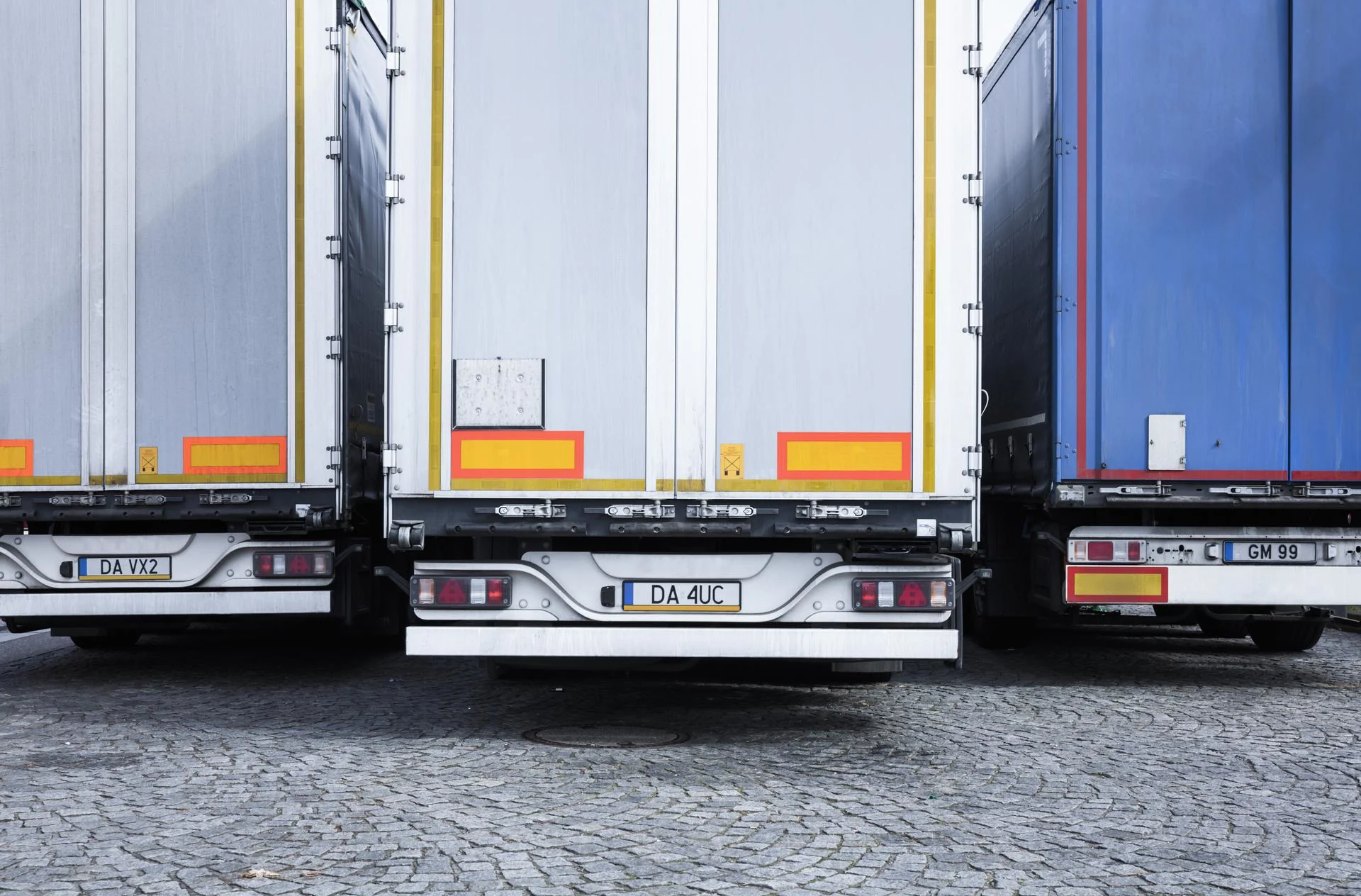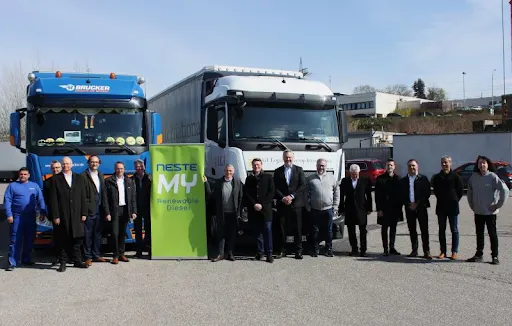
Transportation
2 minute read
Supporting Bosch on its way to climate neutrality
The Bosch Group is a leading global supplier of technology and services. It employs roughly 401,300 associates worldwide and generated sales of 78.8 billion euros in 2021. Since 2020, the Bosch Group with its more than 400 locations worldwide has been climate neutral (scopes 1 and 2). In Bosch’s division Powertrain Solutions, they have now started using Neste MY Renewable Diesel made from 100% renewable raw materials, in the inhouse logistics between some German production plants as a pilot project.
In expanding the climate action further, Bosch is also focussing on the indirect emissions and has thus set themselves climate action targets across the entire value chain – and have had these confirmed externally by the Science Based Targets initiative (SBTi). Bosch wants to reduce transport, optimize routes and capacity utilization, and thus avoid CO₂ emissions.

4 ambitions for Bosch
increase the energy efficiency
expand the supply of renewable energy
purchase more green electricity
to be climate neutral as early as 2020 and to continuously optimize the use and mix of our four levers by 2030 in order to make a significant contribution to climate action. In this way, we want to reduce the share of carbon offsets and green electricity from existing plants while further increasing energy efficiency and new clean power.
Having achieved our initial targets for scopes 1 and 2, we are now tackling scope 3 emissions with the same degree of rigour – setting specific targets and milestones for the coming years.
Solution
In Bosch’s division Powertrain Solutions, they have now started using Neste MY Renewable Diesel made from 100% renewable raw materials, in the inhouse logistics between some German production plants as a pilot project.Bosch is able to reduce its greenhouse gas (GHG) emissions on the routes by up to 90%* when emissions over the fuel's life cycle are compared with fossil diesel. The solution is ideal for Bosch because the fuel is fully compatible with existing fuel distribution infrastructure and does not require modification to vehicle engines.
Renewable and synthetic fuels are necessary. Only with them, the current vehicle fleet can contribute to reach our climate goals.
*The GHG emission reduction percentage varies depending on the region-specific legislation that provides the methodology for the calculations (e.g. EU RED II 2018/2001/EU for Europe and US California LCFS for the US), and the raw material mix used to manufacture the product for each market.




